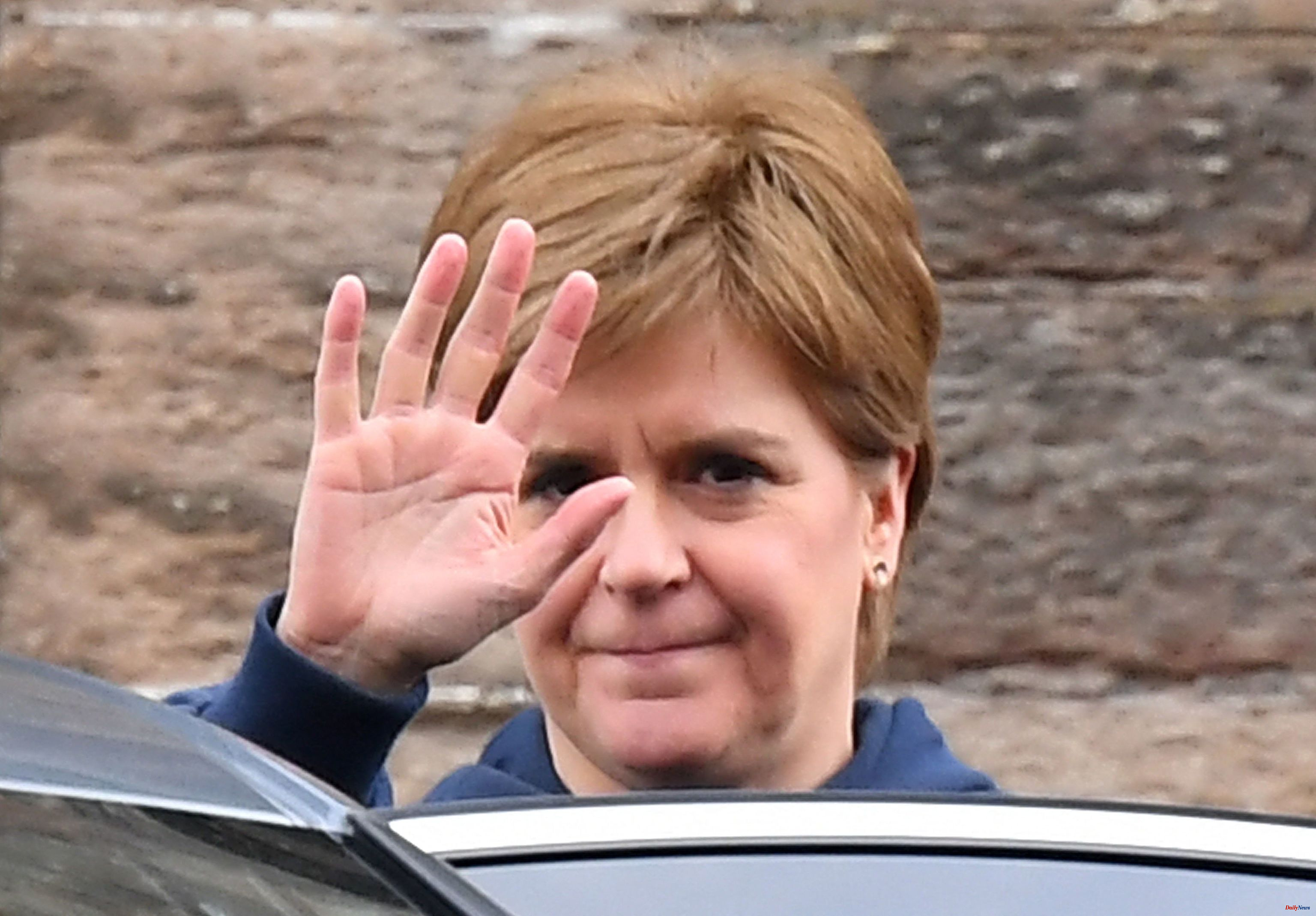The Scottish leader Nicola Sturgeon announced her resignation as head of the Edinburgh Home Rule Government just over a month before a special congress in which her formation, the Scottish National Party (SNP), will address the separatist issue, including options for calling a new sovereign consultation. "We are at a critical moment," she warned herself in the message of her surprising resignation. The still chief minister has led the nation and the main party in the north of England since a unionist referendum victory in 2014, which precipitated the departure of her predecessor, Alex Salmond.
Sturgeon's constitutionalist path has stalled at an apparent dead end, politically and judicially. The central government -conservative, unionist and majority in Westminster- has denied the nationalist leader the transfer of power required to organize the so-called IndyRef2 within the constitutional framework. On the other hand, in a momentous ruling, the Supreme Court of the United Kingdom concluded last November that the Holyrood parliament lacks the legitimacy to legislate on the sovereign issue.
Nationalist militancy has since questioned the latest Sturgeon shock plan, which sought to turn the next general legislature into a referendum north of the border on the separation of Scotland from the rest of the United Kingdom. The resistance within the SNP pushed the leader to throw in the towel, although she is convinced that "a majority" of the electorate "supports independence," according to what she said at a press conference. With her announced withdrawal, she leaves the SNP "free" so that she can choose a referendum strategy without the direct weight of her influence as head of the regional government.
Scottish independence has marked Sturgeon's political horizon since he joined the SNP at the age of 16. He led, along with Salmond, the 2014 referendum campaign, which nationalism lost with 49% of the vote. Under his longest tenure by a Scottish leader, the pro-independence cause has grown to peaks of over 55% and has rarely lost ground to unionism.
Salmond recognizes the mastery of his former disciple to communicate his messages with clarity and conviction, but he gives him a 0 in political strategy. "I don't think Nicola is an autonomist as some suggest. She is simply very bad as a strategist," said the now leader of the independence party Alba in a recent meeting with members of the Association of Foreign Journalists (FPA).
The most disruptive sector reproaches the apparent passivity of Sturgeon and the lack of an alternative popular plan to his iron determination to avoid a scenario similar to that of Catalonia during the 2017 consultation. "The SNP, in the Sturgeon era, has not created a campaign in favor of independence. Their record in building an independence movement is terrible: it has always been a wait," protests Robin McAlpine, director of the Common Weal think tank.
According to the criteria of The Trust Project












